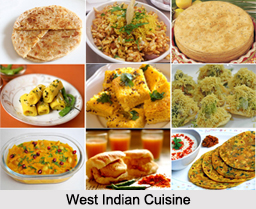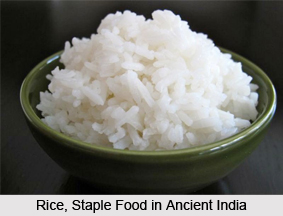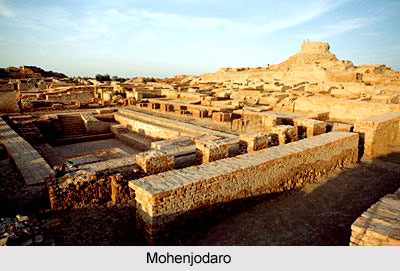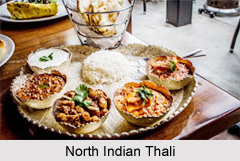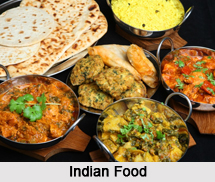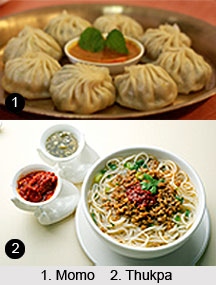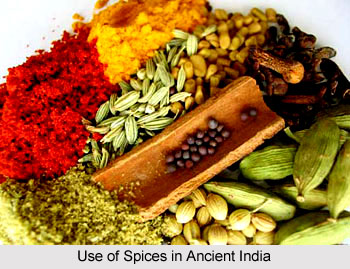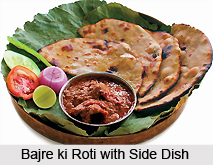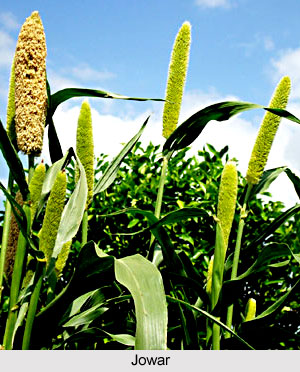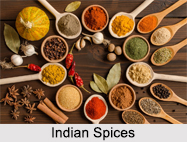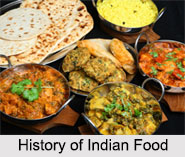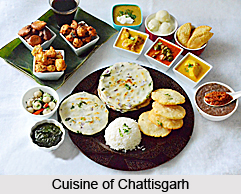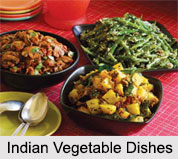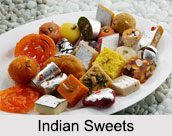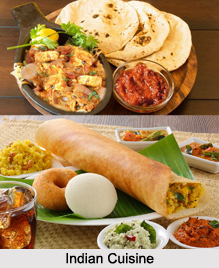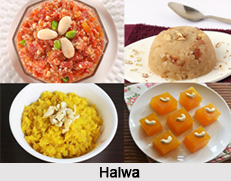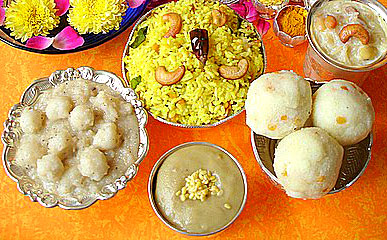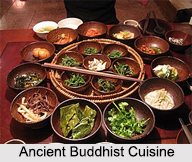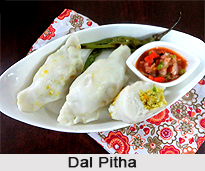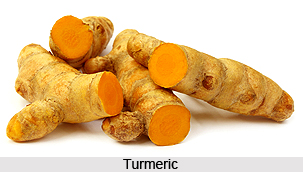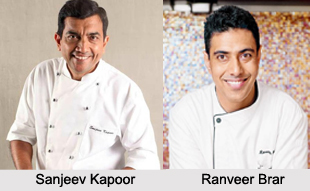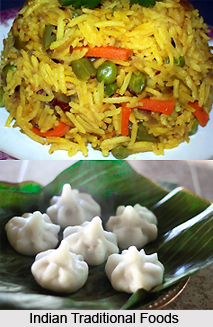 Since ages food in Indian culture has played a great role. Importance of food in Indian culture is immense. Ancient Indians realized that all lives in this world are depended upon food. For this reason we find a whole hymn in praise of food in the Rigveda. They regarded food as the source of all life hence they called it Prajapati or Lord of all creatures. In the Taittiriya Upanishad food is equated with Brahma for it is stated that all beings take birth from food, after being born they subsist on it. In the same work it is stated that one should not deprecate food for it is the vital force and the body is fixed on the vital force. An eater of food becomes great in progeny, cattle, and in the luster of holiness and in glory.
Since ages food in Indian culture has played a great role. Importance of food in Indian culture is immense. Ancient Indians realized that all lives in this world are depended upon food. For this reason we find a whole hymn in praise of food in the Rigveda. They regarded food as the source of all life hence they called it Prajapati or Lord of all creatures. In the Taittiriya Upanishad food is equated with Brahma for it is stated that all beings take birth from food, after being born they subsist on it. In the same work it is stated that one should not deprecate food for it is the vital force and the body is fixed on the vital force. An eater of food becomes great in progeny, cattle, and in the luster of holiness and in glory.
It is stated in the Prasna Upanishad that God created food and all the individuals, vigour, rituals and activities depend on food. In the Taittiriya Upanishad food is called a panacea because all creatures depend on it. It is, therefore stated that one should collect plenty of food and should not discard food. They realized that not only worldly possessions depended on food but the ultimate aim of human existence namely salvation also depended on purity of food. It is stated in the Chhandogya Upanishad that it is food, which enables a man to use all his faculties. It is only food that enables him to see, to hear, to act and to acquire knowledge hence one should worship food. When there is purity of food the mind becomes pure, when the mind is pure then follows firm remembrance of the real self.
Food was considered as an important means of developing good qualities in an individual. It is therefore, equated with truth and right-order in a passage of the Taittiriya Brahmana. It is stated that after the food is served in a plate the eater should sprinkle water round it and say, "I sprinkle thee, that are satya or truth with rta or right order" it is done in the morning and "I sprinkle thee that are rta with satya" it is done in the evening. He then offers five bites on which ghee is sprinkled to the five modes of prana namely prana, vyana, apana, samana and udana preceded by the word `Om` and followed by svaha.
